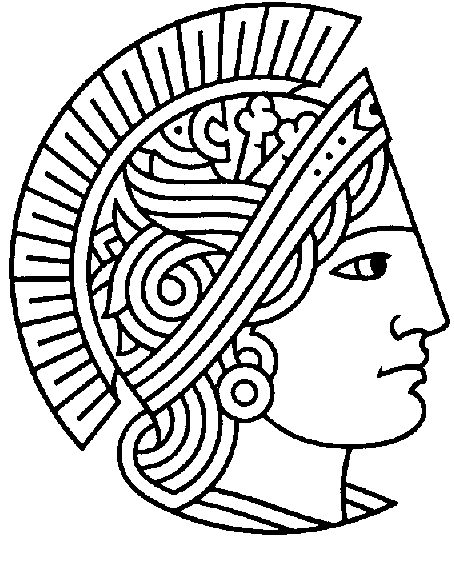
Universitäts- und Landesbibliothek

 |
Technische Universität Darmstadt
Universitäts- und Landesbibliothek |
 |
| Autor: | Schilcher, Christian |
| Titel: | Implizite Dimensionen des Wissens und ihre Bedeutung für betriebliches Wissensmanagement |
| Dissertation: | TU Darmstadt, Fachbereich Gesellschafts- und Geschichtswissenschaften, 2006 |
| Dissertation_Schilcher_Onlineveroeffentlichung_Version1.3.pdf | (3010170 | Byte) |
| Dokument aufgenommen : | 2006-07-19 |
| URL: | http://elib.tu-darmstadt.de/diss/000716 |